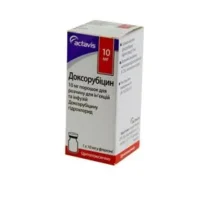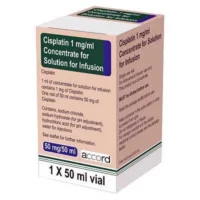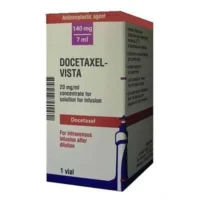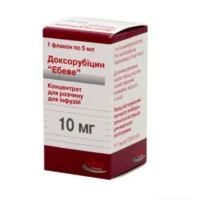Description
Mabtera Concentrate for Infusions 500 mg/50 ml. 50 ml. №1 Vial
Ingredients:
- Mabtera concentrate for infusions contains 500 mg of the active ingredient in a 50 ml vial.
Dosage:
- The recommended dosage of Mabtera concentrate for infusions is determined by a healthcare provider based on the patient’s condition, weight, and other factors.
Indications:
- Mabtera concentrate for infusions is indicated for the treatment of certain types of cancer, such as non-Hodgkin’s lymphoma and chronic lymphocytic leukemia.
Contraindications:
- Do not use Mabtera concentrate for infusions if you are allergic to any of the ingredients or if you have certain medical conditions.
Directions:
- Mabtera concentrate for infusions is administered intravenously by a healthcare professional in a clinical setting. Follow your doctor’s instructions carefully.
Scientific Evidence:
- Studies have shown that Mabtera concentrate for infusions is effective in treating certain types of cancer by targeting specific proteins on cancer cells, leading to cell death.
Additional Information:
- It is important to discuss the potential side effects and benefits of Mabtera concentrate for infusions with your healthcare provider before starting treatment.
Pharmacological Effects: Mabtera works by binding to a protein called CD20 on the surface of B-cells, which are cancerous in conditions like non-Hodgkin’s lymphoma. This binding flags the cells for destruction by the immune system, effectively reducing the number of cancerous cells in the body.
Clinical Trials: Clinical trials have demonstrated the efficacy of Mabtera in improving progression-free survival and overall survival rates in patients with certain types of lymphoma and leukemia. These trials have shown promising results in terms of response rates and long-term outcomes.





